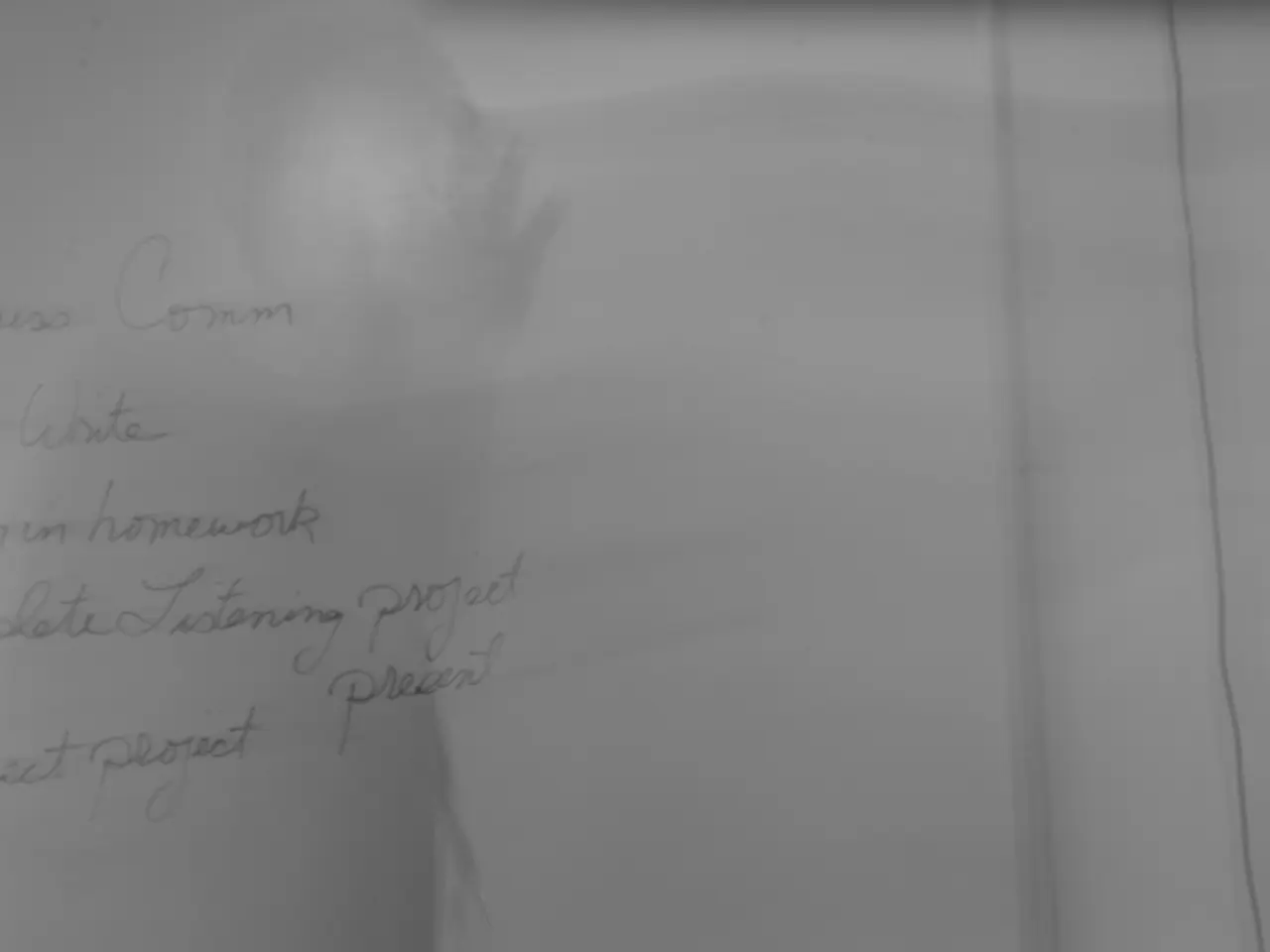Indian Prime Minister Modi embarks on a seven-year absence trip to China; encounters Xi Jinping and Vladimir Putin amid escalating U.S. tariffs.
Indian Prime Minister Narendra Modi is currently in Tianjin, China, attending the Shanghai Cooperation Organisation (SCO) summit. This diplomatic move marks a strategic shift in India's foreign policy, as Modi seeks to balance engagements with China and Russia while deepening ties with Japan.
The SCO summit offers India an opportunity to secure its interests, reinforce regional partnerships, and assert its evolving diplomatic posture. This comes at a critical moment as India reevaluates its diplomatic and economic alliances, particularly in light of escalating fallout with its longtime partner, the United States.
Recent U.S. tariffs have disrupted India's trade, affecting labor-intensive sectors like textiles, jewelry, and marine products. The U.S. White House has doubled tariffs on Indian exports, bringing the total duty to 50%. Modi's tour is an effort to offset this tariff blow and maintain economic momentum.
Modi's meetings with Chinese President Xi Jinping and Russian President Vladimir Putin at the SCO summit could further consolidate the rapprochement between India and China. Diplomatic engagement between the two nations has been restored following the 2020 Galwan clash, and border patrol dialogues have been renewed. Resumed direct flights between India and China also signal a thaw in relations.
However, core strategic disagreements remain unresolved between India and China. Nevertheless, these meetings symbolise India's strategic pivot toward deeper engagement with its neighbours. This diplomatic move sends a clear signal to Washington that economic autonomy and diversified partnerships are central to India's national strategy.
India's diplomatic pivot is not limited to China and Russia. Modi has already secured major investment commitments from Japan, amounting to nearly $68 billion over the next decade. Modi's visit to China is his first official visit in over seven years, underscoring the importance of this diplomatic engagement.
In conclusion, Modi's attendance at the SCO summit reflects India's commitment to a more independent, multipolar foreign policy. As the global order continues to evolve, it will be interesting to see how India navigates its relationships with its key partners and maintains its economic and diplomatic momentum.
Read also:
- Lu Shiow-yen's Challenging Position as Chair of the Chinese Nationalist Party (KMT) Under Scrutiny in Donovan's Analysis
- Voters in Germany are urging Friedrich Merz to apply pressure on Israel
- Enemy Forces Have Taken Ukrainian Prisoner
- BJP Persuaded Delhi Voters That Supporting AAP Was Pointless, According to Pavan K. Varma








